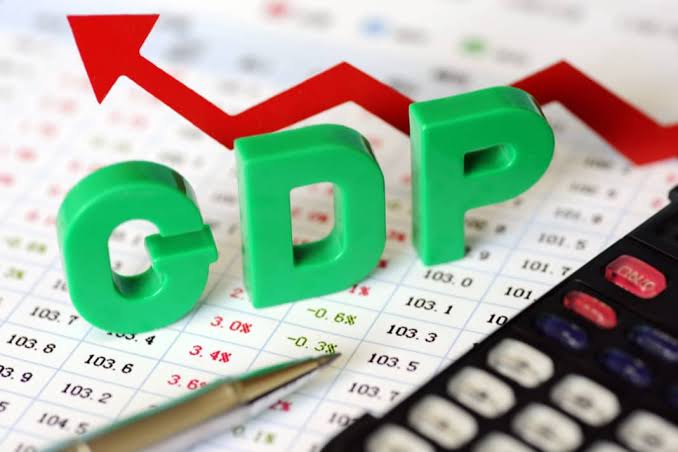
Although latest Gross Domestic Product (GDP) report, released by the National Bureau of Statistics (NBS), showed that the economy remained resilient in Q3’24 despite surging inflation, exchange rate volatility and high borrowing costs, the benefits of the market reforms introduced by the current administration may not materialize until Q2’25, Financial Derivatives Company (FDC) Limited has said.
The firm, which stated that in its, “FDC economic splash,” noted that while the country’s growth trend is positive, “the macroeconomic environment remains strained with the increasing price of PMS and a weak naira in the forex market.”
It further noted that the average Purchasing Managers’ Index (PMI) declined to 49.97, “reflecting a contraction in economic activity.”
“Policy changes in the last 12 months have faced significant headwinds. This is mainly because the institutions meant to deliver value to the people remain weak and ineffective,” the FDC added.
According to the latest GDP report released by the NBS, Nigeria’s real GDP growth increased to 3.46 per cent in Q3’24 from 2.54 per cent in Q3’23.
However, commenting on the NBS data, the FDC stated that while, “there is cautious optimism for stronger growth in Q4 compared to Q3,” as the Economic Intelligence Unit has raised its 2024 real GDP growth estimate for Nigeria from three per cent to 3.2 per cent, coupled with the fact that the policy-making environment, “is expected to become clearer and more predictable, especially in exchange rate and inflation management, the benefits of market reforms may not materialize until Q2’25.”
New Telegraph recently reported that in their reaction to the Q3’2024 GDP data pub – lished by the NBS, analysts at Cowry Asset Management Ltd stated: “Looking ahead, the Monetary Policy Committee (MPC) is likely to maintain a tightening stance in early 2025, particularly if inflationary pressures persist.
“However, as inflation shows signs of moderation, the committee may adopt a more accommodative approach to stimulate growth and improve real income levels.
Collaborative efforts between fiscal and monetary authorities remain critical to achieving synchronised objectives of economic stability and sustainable development.
The current approach signals cautious optimism, as the CBN navigates the complexities of inflation control, economic growth, and monetary transmission in the Nigerian economy.
Please follow and like us:


